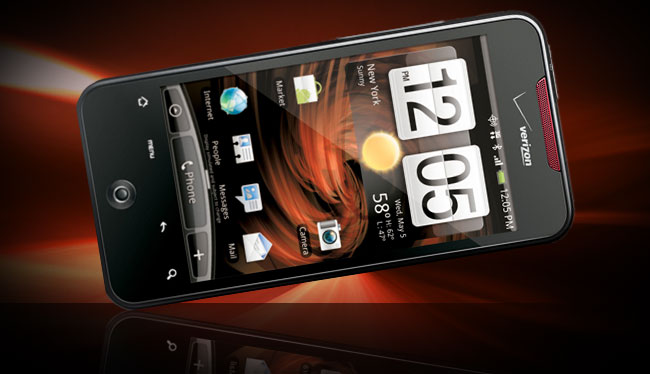
The U.S. International Trade Commission has handed Apple a partial victory in its patent infringement litigation against Taiwanese phone maker HTC, ruling that HTC phones violate a single Apple patent related to detecting data items within otherwise unformatted content. Along with the ruling, the ITC has issued a limited import exclusion order (PDF) that will go into effect on April 19, barring the import of infringing phones into the United States.
Although the ITC’s decision is less than the sweeping ban on HTC Android devices Apple sought, the ruling still marks a significant victory in Apple’s escalating battle with Android, which Apple co-founder Steve Jobs characterized as a “stolen product.” However, the net impact of the decision may be non-existent in the U.S. market: HTC has until April 19 to get non-infringing phones into its distribution pipeline, and the company confirms via email that it will remove the infringing technology from its phones soon, and anticipates there won’t be any disruption in the availability of HTC phones in the U.S. market. HTC is also widely expected to appeal the ruling.
The Apple patent in question (US 5,946,647) has to do with “data detectors,” algorithms that can recognize things like phone numbers, email addresses, Web site names, and other actionable data items within an otherwise unstructured document like an email message. HTC has likely dodged a bullet by having not been found to have infringed on another patent, the much-broader ‘263 patent named in the case covering aspects of signal processing.
HTC is currently the second-largest maker of Android phones; Apple’s patent infringement case against HTC is widely viewed as a proxy battle over Android, rather than suing Google directly. Apple has a second complaint against HTC pending before the International Trade Commission, claiming other HTC smartphones and the company’s Flyer tablet infringe on five patents regarding user interface and software design. Similarly, HTC has countersued Apple with two cases of its own before the ITC; one is still pending, but the ITC ruled in Apple’s favor on the other.



